
It’s One Thing to Loathe Orbán, It’s Quite Another to Actively Work Against Hungarian Interests
A brief review of the European policy of the Hungarian Government and of that of the domestic opposition.

A brief review of the European policy of the Hungarian Government and of that of the domestic opposition.
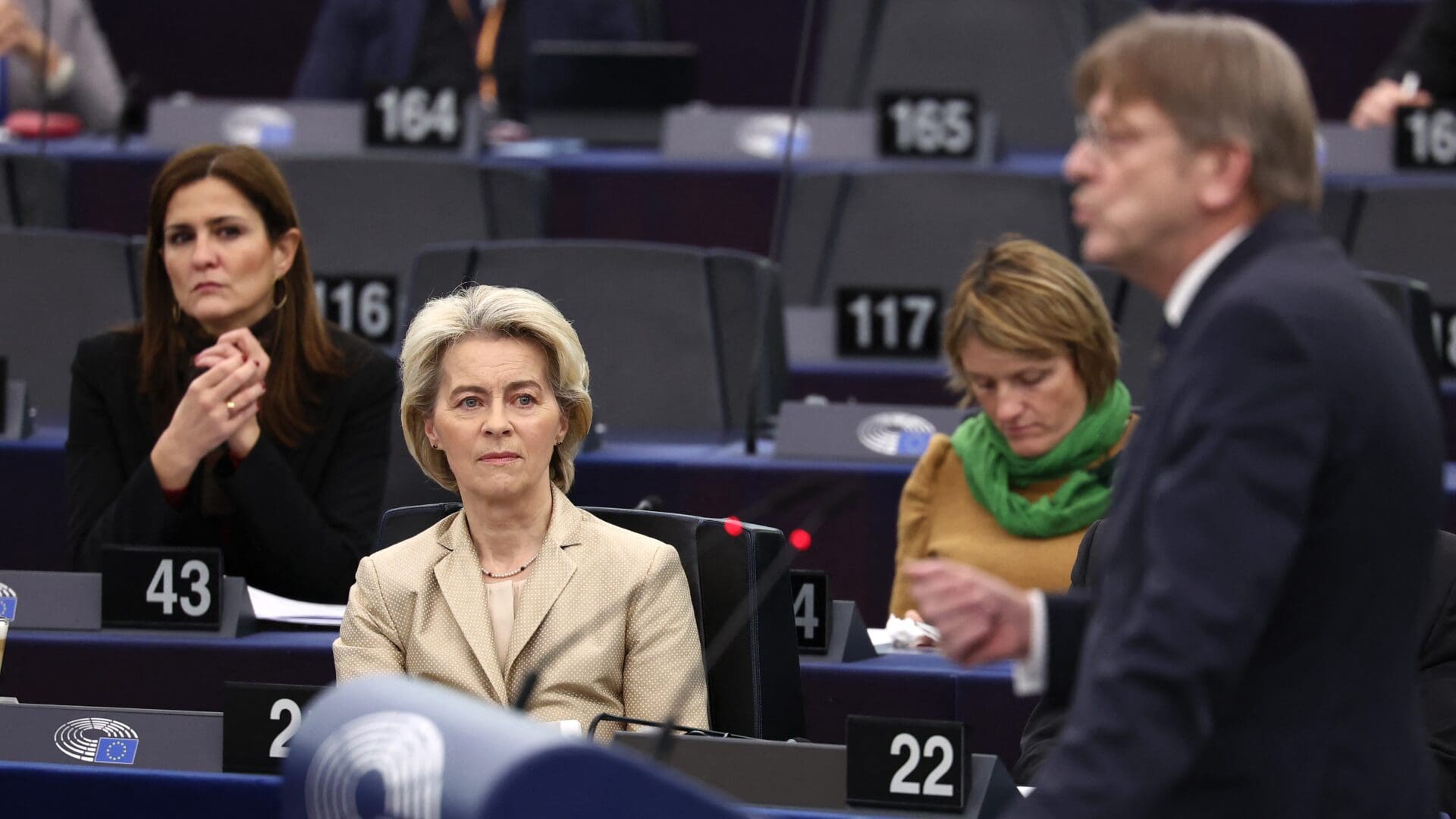
Debates about Hungary consistently bring to the forefront the Hungarophobic positions and opinions of the Left in the European Parliament. In the current session, left-wing MEPs targeted not only Viktor Orbán but also Ursula von der Leyen.

According to the study, 15 per cent of young Hungarians frequently experience feelings of isolation, which is of concern as chronic loneliness not only has psychological ramifications but, in certain cases, also entails physical consequences. The report highlights that 41 per cent of young people in the Western Transdanubia region and 38 per cent of their counterparts in the southern Transdanubia region claim to feel lonely always or often.
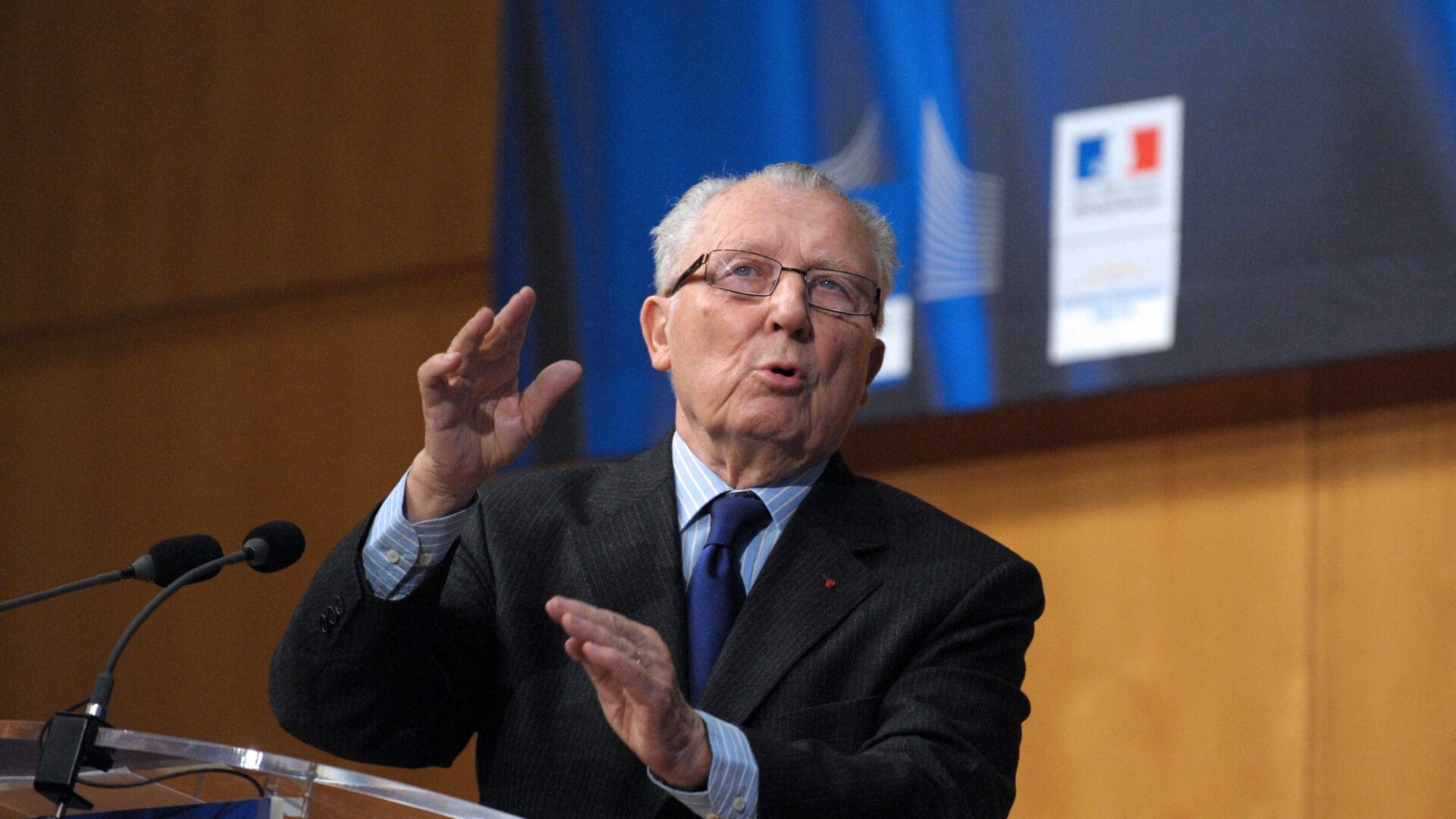
Emmanuel Macron will preside over the national tribute ceremony for Jacques Delors at the courtyard of the Invalides Cathedral in Paris on Friday morning.

Most universities grant additional points to applicants for language exams, advanced level exams, sports achievements, and results in academic competitions. However, in the new system, institutions are now able to award extra points for other achievements like work experience, prior qualifications, volunteer work, or the completion of preparatory courses, based on their individual decisions.
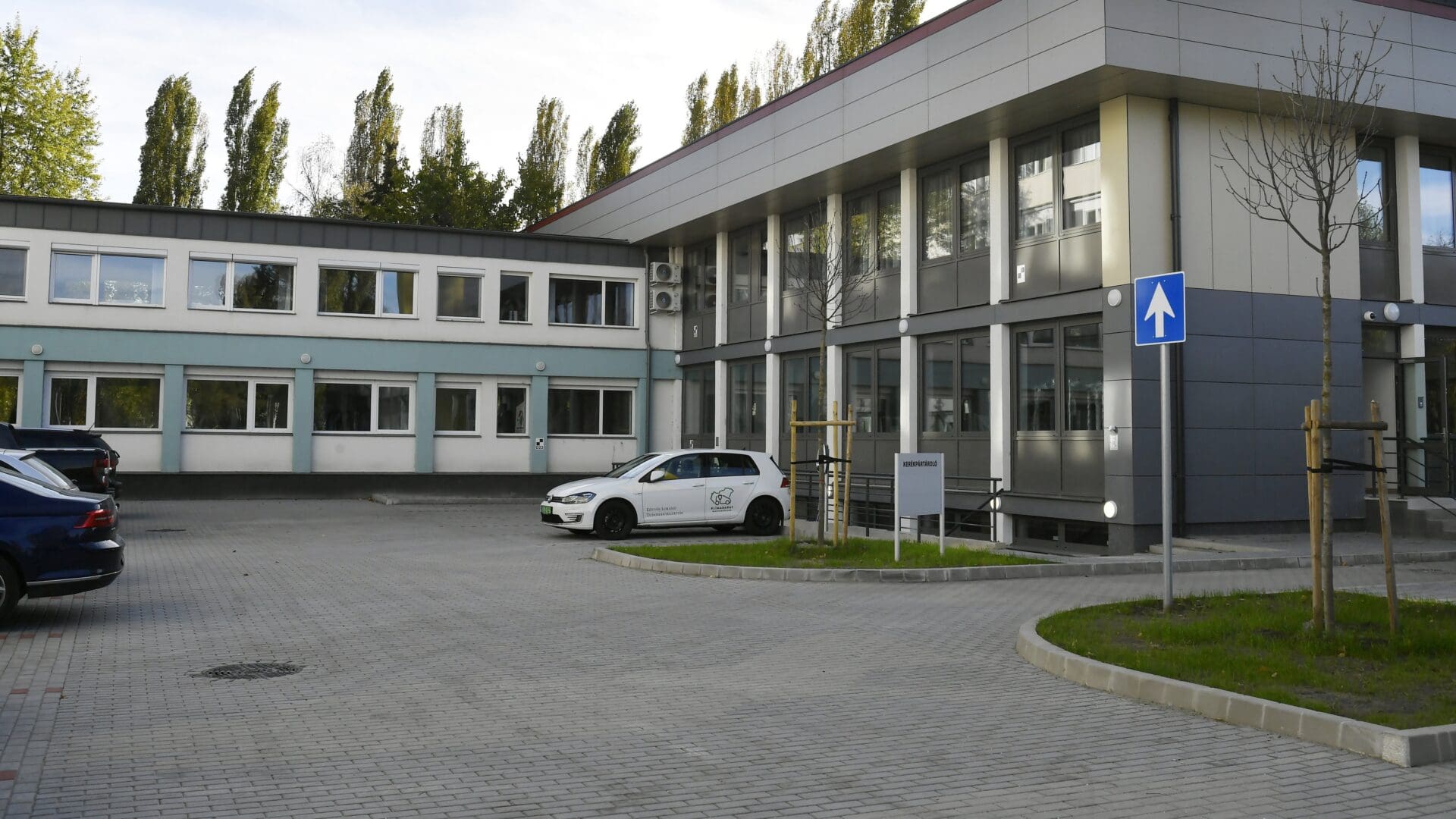
The state secretary articulated the vital goal that the number of university graduates among the Hungarian diaspora should exceed their representation within their respective countries, with universities becoming cultural hubs for Hungarian communities abroad. He called the opening of the Márton Áron College’s renovated building a defining moment in infrastructure development.

State Secretary Balázs Hankó discussed recent efforts to strengthen international relationships, prepare for university collaborations, and launch successful applications for international funding in higher education, citing Hungarian Nobel laureates serve as outstanding examples.

In his introduction, Hölvényi emphasized that in recent years, the COVID-19 pandemic and wars have weakened people’s faith and religiosity. Rebuilding and strengthening faith will take many years of work, but change must always start from within, he noted.
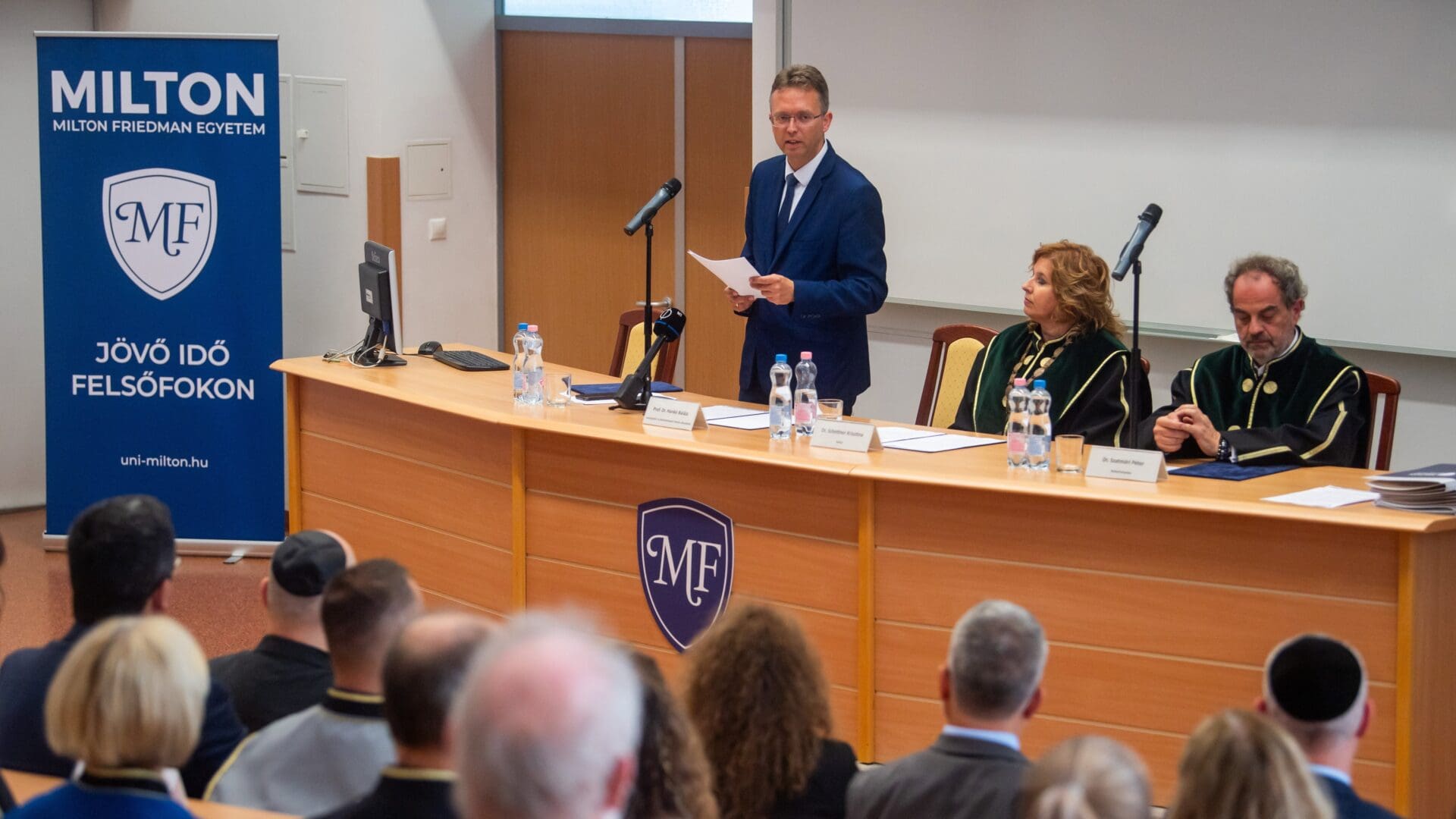
At the academic year opening of Milton Friedman University, State Secretary in charge of higher education Balázs Hankó underscored that Hungarian universities are performing increasingly well amidst intensifying international competition. While four years ago, Hungary had seven institutions in the top five per cent of the world’s universities, and two years ago, there were nine, today there are already eleven.
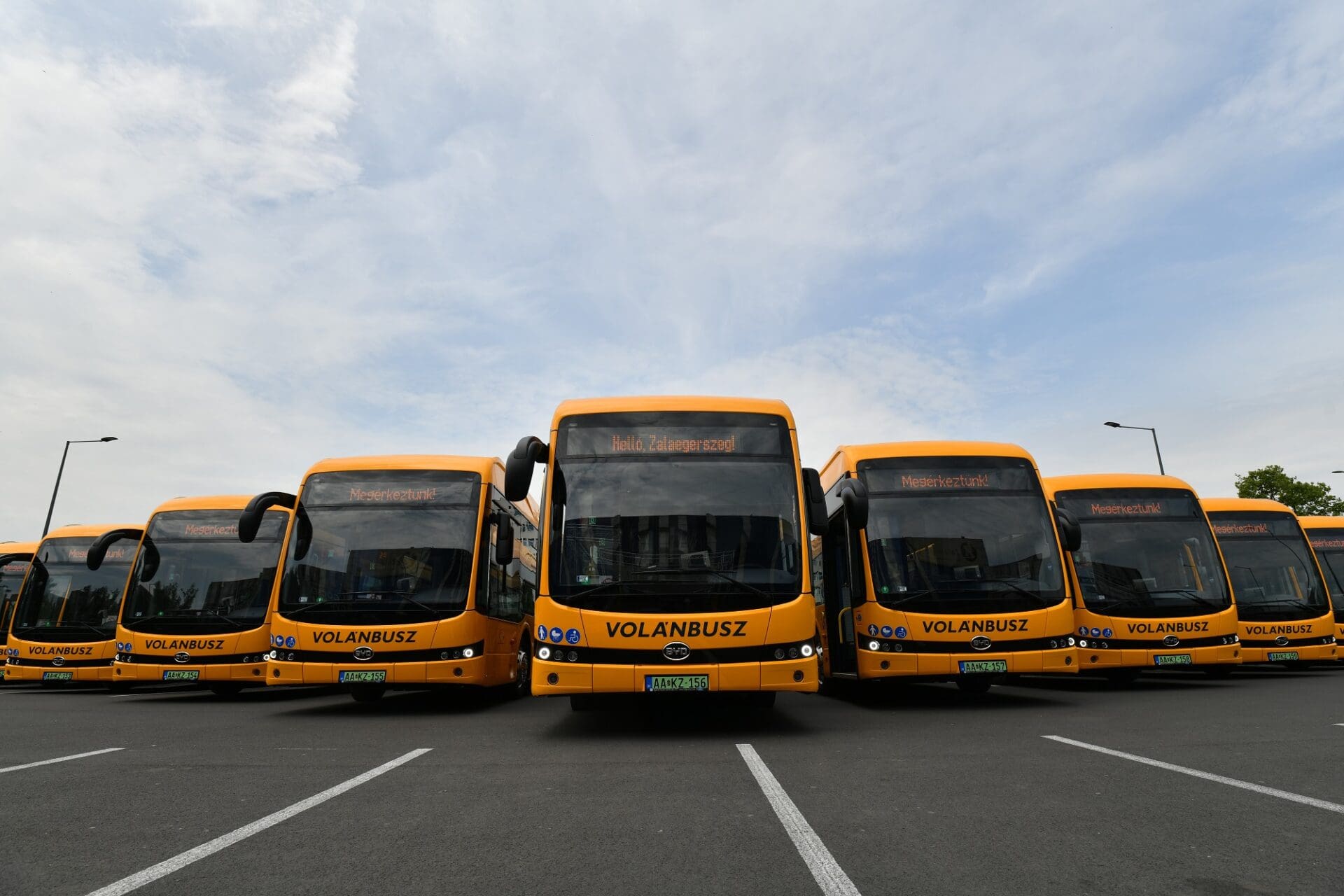
According to the survey, conducted both during peak and off-peak hours, 93 per cent of passengers automatically validate their passes upon boarding, indicating that most are well-informed about the use of the new system. Passengers who did not validate their passes were, in the vast majority of cases, reminded by the bus drivers to do so.